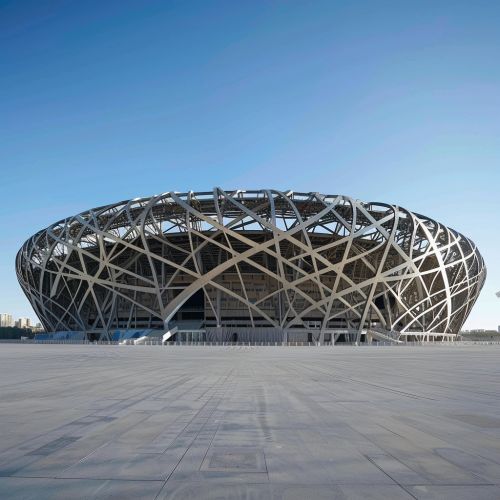2008 Summer Olympics
Overview
The 2008 Summer Olympics, officially known as the Games of the XXIX Olympiad, were a major international multi-sport event held in Beijing, China from August 8 to August 24, 2008. A total of 10,942 athletes from 204 National Olympic Committees (NOCs) participated in 28 sports and 302 events. This was the largest number of nations represented at any Olympics to date.
Bid
Beijing was awarded the Games over four competitors on July 13, 2001, having won a majority of votes from members of the International Olympic Committee (IOC). This was after an exhaustive ballot process that included several rounds of secret voting by the members of the IOC. The city had previously bid for the 2000 Summer Olympics, but lost to Sydney, Australia.
Development and preparation
The Chinese government invested heavily in the development and preparation for the Games. This included a massive overhaul of the city's infrastructure, with numerous new sporting venues being built in preparation for the Games. The Beijing National Stadium, also known as the Bird's Nest due to its innovative steel structure, was the centerpiece of this project.


Sports
The 2008 Summer Olympics featured 28 sports, with a total of 302 events, representing an increase of 15 events over the previous Olympics. Among the sports included were Athletics, Aquatics, Gymnastics, and Cycling, among others.
Participating nations
A total of 204 National Olympic Committees (NOCs) sent athletes to the 2008 Summer Olympics. This was an increase of 5 from the 199 nations that participated in the 2004 Summer Olympics.
Medal count
The United States won the most total medals, with 110, while China won the most gold medals, with 48. Russia came in third in total medals, with 73.
Legacy
The 2008 Summer Olympics left a lasting legacy on the city of Beijing and the nation of China. The Games were seen as a symbol of China's emergence as a global superpower, and the success of the Games was a source of national pride.
